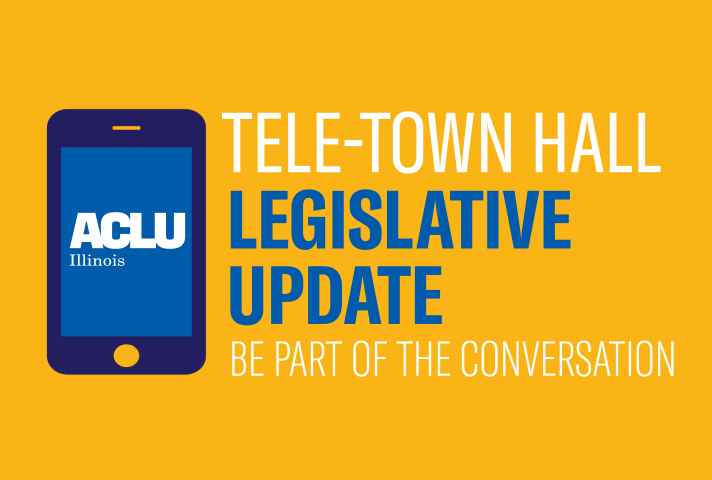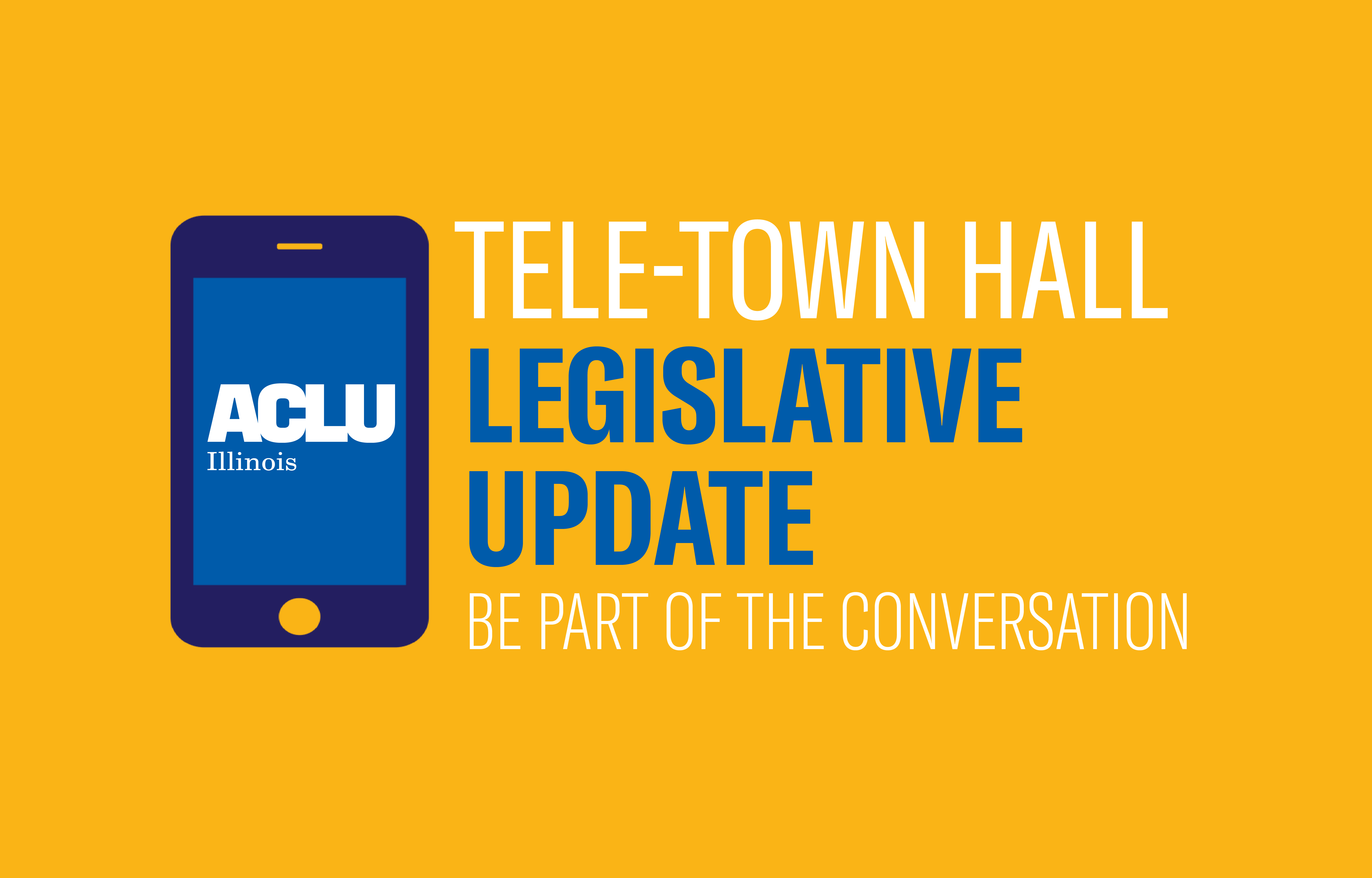Testimony of Katie Watson, ACLU of Illinois
Illinois State Senate - Public Health Committee - SB 3503
1:30pm, Tuesday, March 13, 2018
My name is Katie Watson, and I am an attorney with the ACLU of Illinois’ Women’s and Reproductive Rights Project. I am here to speak in support of Senate Bill 3503.
SB 3503 is a bill to ensure that people who are nursing infants will have equal access to the courts. Litigants, jurors, witnesses, and lawyers spend long hours in courthouses. Some of them are breastfeeding parents who need to pump breast milk every few hours. When people who are breastfeeding do not have access to an appropriate lactation space, their right to contribute to the administration of justice is impaired.
This bill fixes this problem by ensuring that nursing parents have access to a clean, private space to pump breast milk in all Illinois county courthouses. SB 3503 requires a private lactation space that includes a chair, a table and an outlet, and is located somewhere other than a bathroom. This room or area does not have to be solely dedicated to lactation - it just needs to be available as a private place to pump when needed.
Since 2001, Illinois law has required all employers to provide a lactation area for employees. This means county courthouses have 17 years of experience in accommodating court employees who need to pump breastmilk at work. As a result, many courthouses will already know how to meet this need.
New parents should not have to choose between full participation in society and breastfeeding their babies. Yet some mothers find – as Senator Tammy Duckworth has learned – that our civic buildings often fail to accommodate breastfeeding parents. Instead of an experience of access and a message of inclusion, the absence of lactation rooms in courthouses tells breastfeeding parents they are not welcome.
We have heard from several women who have been denied access. For example, a woman in a Chicago jury pool was told she had the choice of pumping in the men’s restroom (because the women’s didn’t have an outlet) or being excused from jury duty. A lawyer who was at the McHenry County courthouse to argue a motion was told that her only option was to pump in the cafeteria and face the wall to avoid public viewing of her exposed breasts. A lawyer who was 2nd chair at a jury trial in the Jackson County courthouse rushed to the parking lot at breaks to pump in her car.
These exclusions, indignities, and disadvantages must stop. No one should have to choose between being able to breastfeed their baby and being able to participate in public life. I urge you to vote yes on SB 3503. Thank you.



